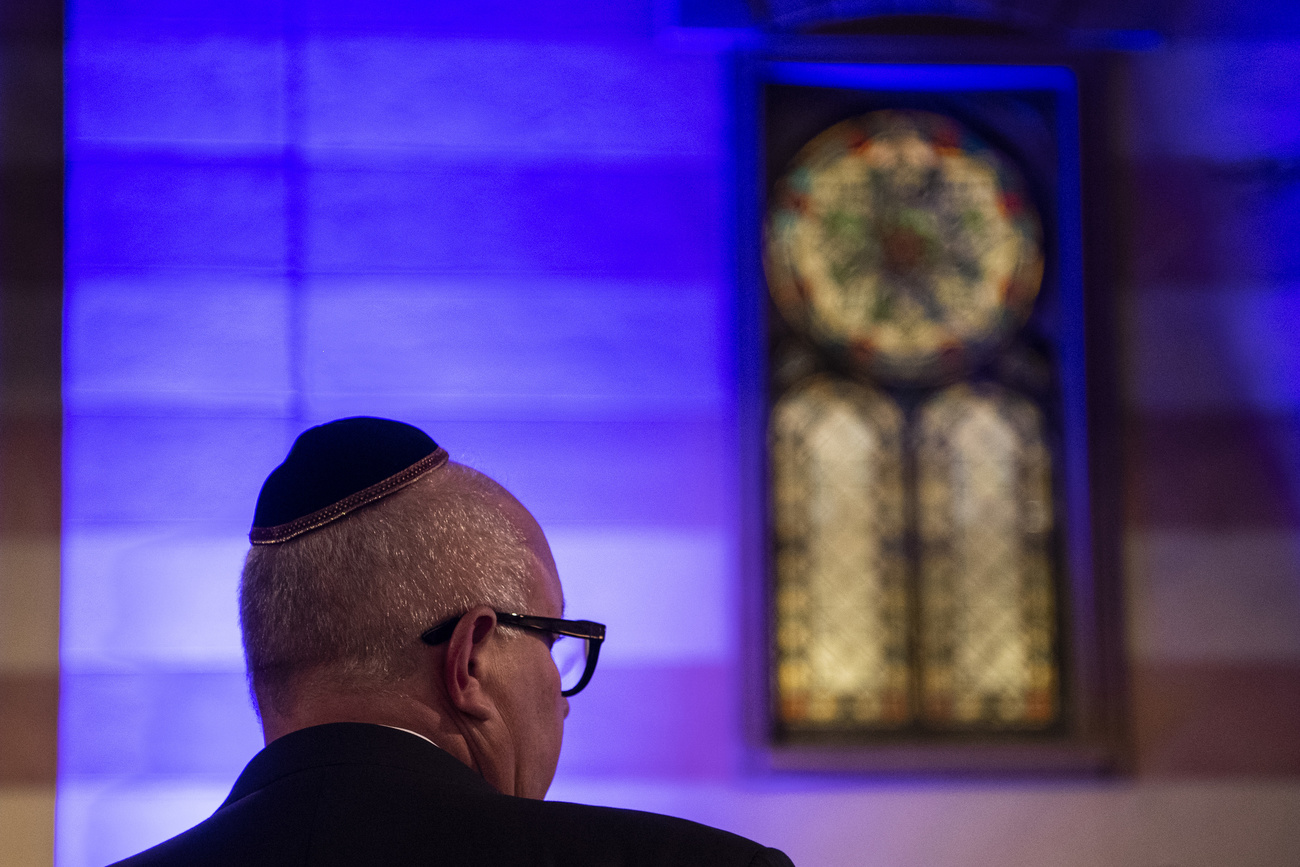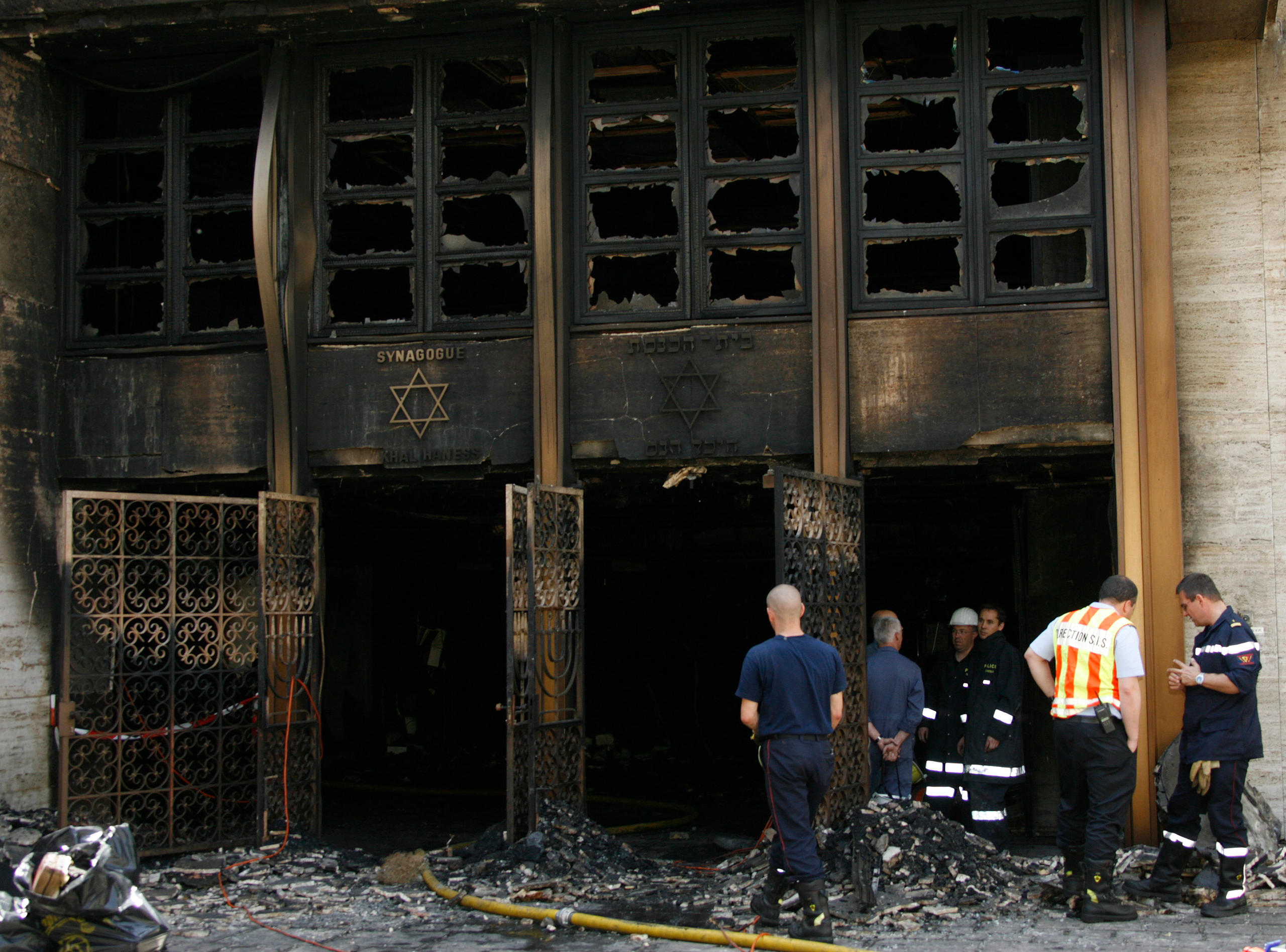
Anti-Semitism cases on the rise in Switzerland, especially online

The number of anti-Semitic incidents rose by 6% in 2022, the vast majority of them happening online, Jewish groups said on Tuesday.
In its annual report, the Swiss Federation of Jewish Communities and the Foundation against Racism and Anti-Semitism noted 910 incidents reported in 2022: 853 online, and 57 in the physical world.
The authors of the report specifically mentioned the messaging app Telegram as a major source of incidents. “Sub-cultures obsessed with conspiracy theories” are particularly active on the app, they say.
+ The history of anti-Semitism in Switzerland
A separate study published on Monday by the CICAD group, which looked specifically at the French-speaking part of Switzerland, came to a similar conclusion: 75% of the online cases it flagged happened on Telegram, that group said.
It said the lack of moderation and rules on the messaging service were behind this high figure.
Incidents in the non-online world mainly involved anti-semitic statements, insults, or graffiti.
Pandemic boost
In the past few years, the Covid-19 pandemic gave a boost to anti-Semitic incidents, Tuesday’s report says. Opposition to state-imposed health measures gave rise to a sub-culture hostile to state and society, and also gave a boost to all sorts of conspiracy theories.
“Members of this sub-culture share a belief in a secret power which wants to dominate, enslave or exterminate humanity,” the authors of the study write. This diffuse power is often caricatured as being small, elite, and often becomes associated with Jews.
Last April, the government decided to boost financial support to protect Jewish and Muslim minorities in Switzerland, earmarking CHF2.5 million ($2.7 million) annually to improve security at places of worship like mosques and synagogues.

More
Anti-Jewish conspiracy theories make a comeback

In compliance with the JTI standards
More: SWI swissinfo.ch certified by the Journalism Trust Initiative




























You can find an overview of ongoing debates with our journalists here . Please join us!
If you want to start a conversation about a topic raised in this article or want to report factual errors, email us at english@swissinfo.ch.